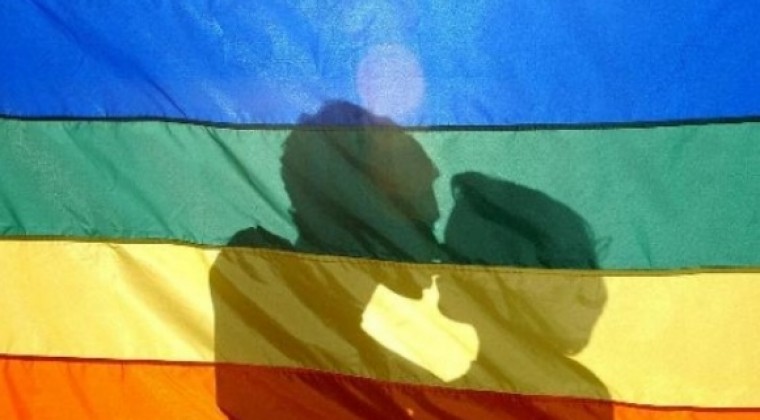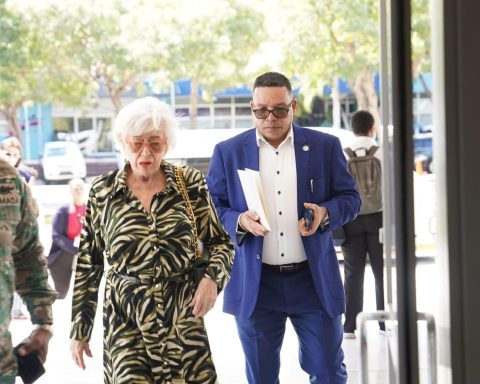The US Supreme Court debated whether a Christian graphic designer can refuse to create gay wedding websites, and conservative justices seemed to lean in her favor.
Source: AFP
During a long and sometimes tense hearing, his three progressive colleagues voiced objections for fear of opening the door to any kind of discrimination in the commercial sphere.
If the high court rules in favor of this graphic designer, “it would be the first time in the history of the Court that a company that serves the public is authorized to refusing to serve a customer on the basis of their race, sex, or religion“, highlighted Sonia Sotomayor, a progressive.
But it is not the first time that the Supreme Court, which recognized the right to same-sex marriage in 2015must arbitrate between the protection of sexual minorities and the freedom of expression and religion of the merchants.
In 2018 he agreed with a Christian pastry chef who refused to prepare a wedding cake for a gay couple. But he relied on additional grounds, without going so far as to promulgate general principles.
Since then, two new justices, appointed by former Republican President Donald Trump, have consolidated the conservative majority and the Court could hand down a more far-reaching ruling, which is expected before June 30.
– “LGBT Clients” –
In this case lorie smithwho describes herself as a devout christian and highlights the artistic dimension of his work, he refused to create websites for marriages homosexual.
Like pastry chef Jack Phillips, she works in Colorado, where a law pIt has prohibited discrimination based on sexual orientation since 2008 and can impose penalties of up to $500.
However, unlike him, he does not go to court because the homosexual would have required their services, but in a preventive manner. He lost twice and appealed to the Supreme Court.
Her lawyer Kristen Wagoner, president of the Christian legal group Alliance Defending Freedom, explained that “Ms. Smith has LGBT clients.” But “she’s against same-sex marriages” and she can’t create “custom, tailor-made sites” to advertise them.
– “Honourable” –
The law does not mention the content of the products, but it requires offering them to all customers, replied Colorado attorney Eric Olson.
According to him, Smith could adorn his websites with biblical messages about marriage “between a man and a woman”, but he cannot refuse to sell them to couples. homosexual.
In the same way that “a store can sell only Christmas decorations, but cannot turn away Jewish customers,” he explained.
But several conservative judges have upheld the graphic designer’s opinion.
Judge Amy Coney Barrett said she could refuse to create wedding websites for heterosexuals who are divorced or have committed adultery.
“It’s the message, not the sexual orientation of the partner that matters,” he said.
Validating the Colorado law would be tantamount to forcing certain companies to “adopt speeches they despise,” added his colleague Samuel Alito.
“There are honorable people who oppose same-sex marriage,” he added, refusing to equate this with racist discrimination.
– “Interracial” –
African-American Judge Ketanji Brown Jackson, however, noted that “historically, opposition to interracial marriage and integration has often been justified on religious grounds.”
Could a mall photographer, to recreate the atmosphere of the 1950s, refuse to sit black children on Santa’s lap? he wondered.
“What if someone thinks disabled people shouldn’t get married? Where is the limit?”, pointed out Sonia Sotomayor.
The conservative judge Brett Kavanaugh tried to reconcile them: “It seems that you agree on fundamental principles: hairdressers, gardeners, plumbers (…) cannot invoke the First Amendment (right to freedom of expression and religion) to reject marriages homosexualBut it’s different for artists.”
According to him, the court could therefore content itself with answering one question: whether web page designers fall under the category of publishers.


















